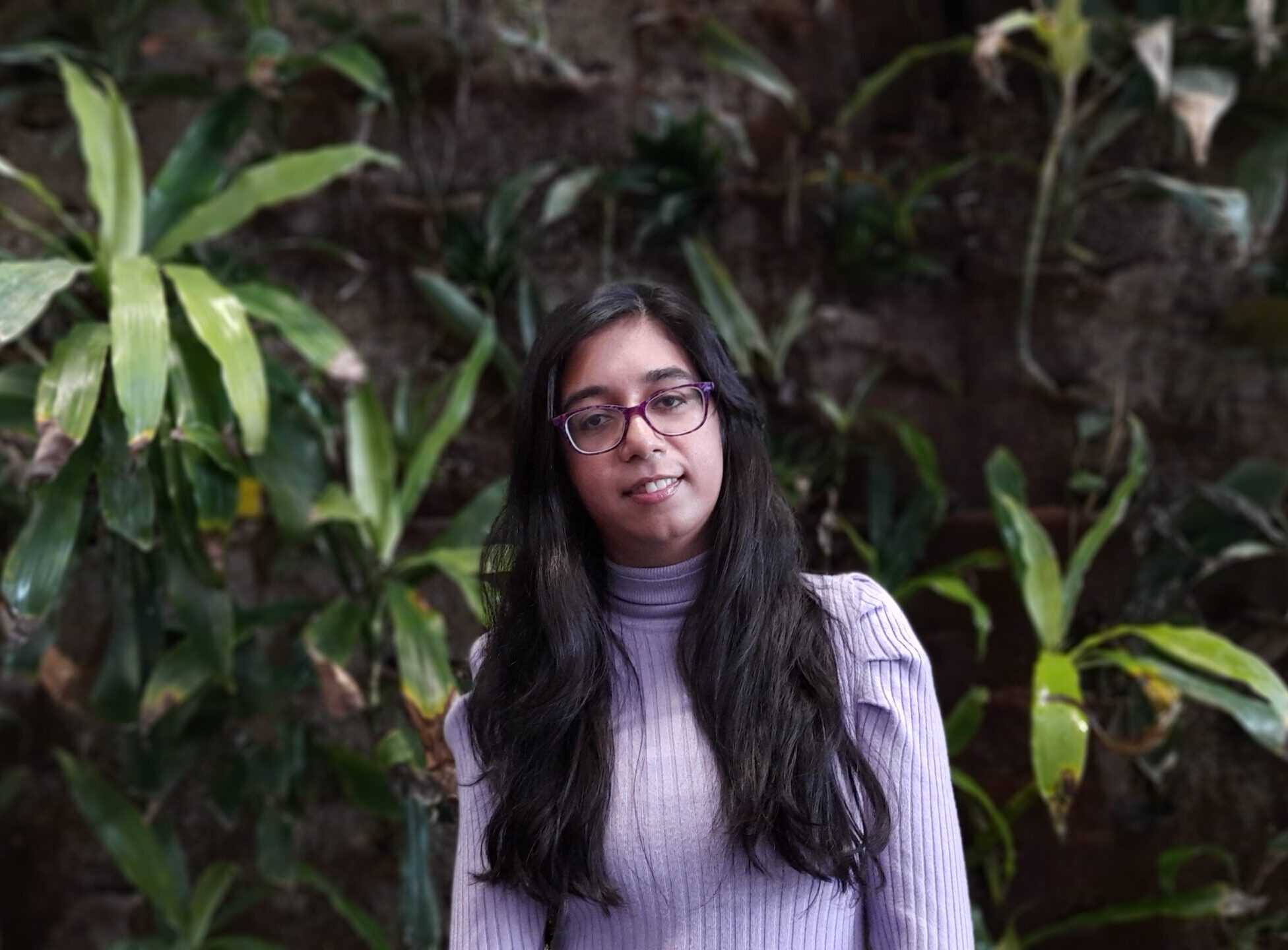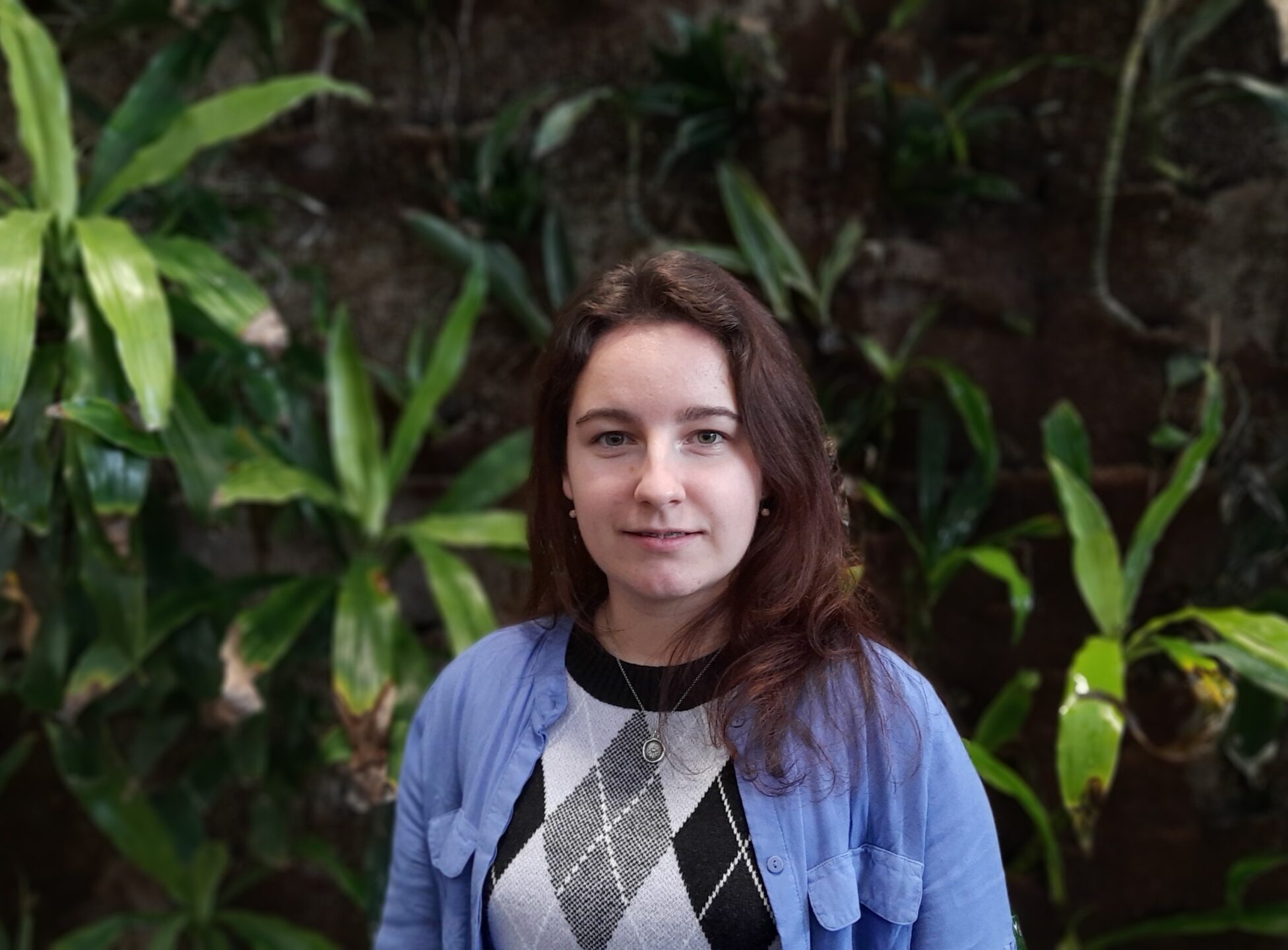By: Yumna Iftikhar and Polina Ilinykh
Testifying Friday at the culmination of the Emergencies Act inquiry, Prime Minister Justin Trudeau said he has faith in Canadians and added future governments will not overuse the rights-suspending act that has become a lightning rod for debate.
The prime minister defended his government’s use of the act, which it invoked on Feb. 14, weeks after protesters clogged downtown Ottawa streets and also blocked borders in Windsor, Ont. and Coutts, Alta.
“It was needed and it was effective,” Trudeau said.
The hearing room at Library and Archives Canada, where the hearings have been held for the past six weeks, was packed with members of the public, including some who scoffed and laughed at various times while Trudeau testified, prompting an admonishment from Ontario Court of Appeal Justice Paul Rouleau.
“If there is any more trouble, that side of the room will be expelled,” Rouleau said, gesturing to where many protesters sat. “Is that clear enough?”
The prime minister was the final witness before the Public Order Emergency Commission, which will analyze the federal government’s decision to invoke the Emergencies Act.
The act, invoked for the first time since it replaced the War Measures Act in 1988, was implemented in response to the “Freedom Convoy” protests earlier this year. The protests were a result of growing resentment towards the federal government and COVID-19 mandates.
Trudeau told the hearing his government had reasonable grounds to declare a public-order emergency, given the information cabinet had.
“For the large part, Canadians have been able to see through the process,” Trudeau said. “I am confident that the reasonable test was met.”
Meanwhile, as Trudeau was testifying inside, a small group of protesters gathered outside the Library and Archives building, some waving Canadian and pro-convoy flags and carrying signs that read, “Dare to think for yourself” and “The biggest war Canada will ever fight for democracy and freedom is now.”
Howard Kwan said he believes the Emergencies Act was invoked “illegally” because the protest, in his eyes, was completely peaceful.
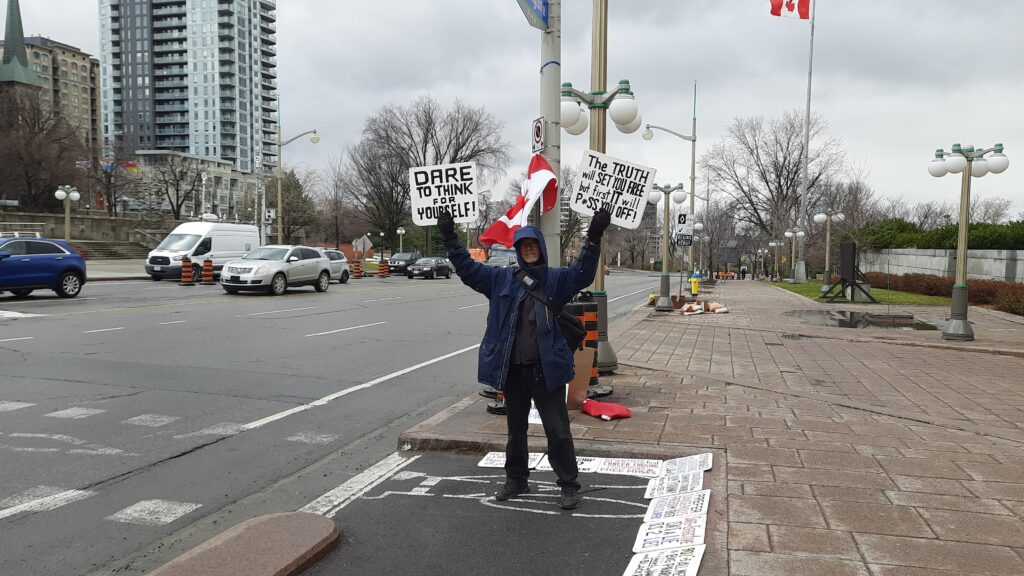
“Everything that was done here was peaceful and legal,” Kwan said. “They’re just trying to cover it up but are being exposed.”
Kwan accused Trudeau of not speaking to protesters and said protesters need a full disclosure from the government, as well as full investigation into the pandemic.
Brian Derksen said he would like to hear an apology from Trudeau for never speaking to the protesters despite every opportunity.
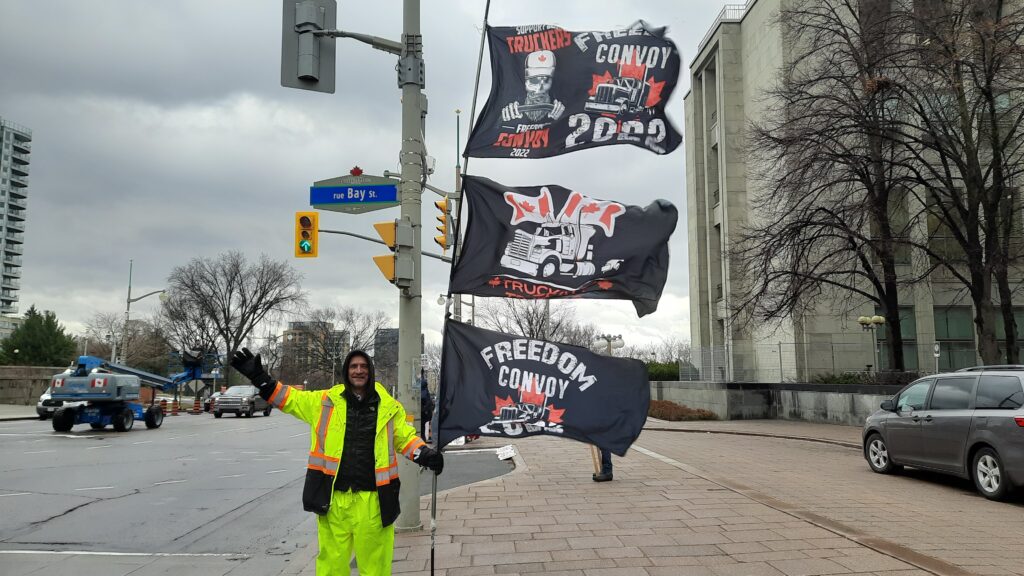
He says he doesn’t believe in the existence of the pandemic and added it’s used as a way to regulate the population of the Earth.
As of Friday, more than 6.6 million people have died of COVID-19, according to the World Health Organization.
Derksen said he came to Friday’s protest to make his stand as a Canadian, believing he’s fighting for his freedom.
“This was my business, this was my job, this was my life. But I could not stand on principle and continue doing business with this country, so I chose principle over money,” he said.
During the hearing, the prime minister was asked about the protests not meeting the Canadian Security Intelligence Service Act’s threshold for declaring a threat to national security under the Emergencies Act.
In response, Trudeau said CSIS’s threshold for invoking the Emergency Act is different from the Governor in Council’s threshold for invoking the act during a national emergency.
“CSIS isn’t the decision maker,” Trudeau said, adding the Governor in Council can, on reasonable grounds, declare a public order emergency if they believe it’s necessary.
The Emergencies Act identifies a public order emergency as a threat to Canadian national security. The prime minister said CSIS’s definition of when they can use the act can be different to when Governor in Council makes it.
When asked whether the use of the Emergencies Act would open the “floodgates” for future uses, the prime minister said he does not think this will happen. Rather, he said future governments would be more cautious about implementing the act.
“Future governments are likely to say, ‘It’s not something we want to use lightly, but the law is in the books,’” he said.
Trudeau told the hearing it would have been much worse to not invoke the act out of fear of what future governments might do.
But protester Neil Marion said protesters are pushing back because they believe the Act is likely to be invoked again.
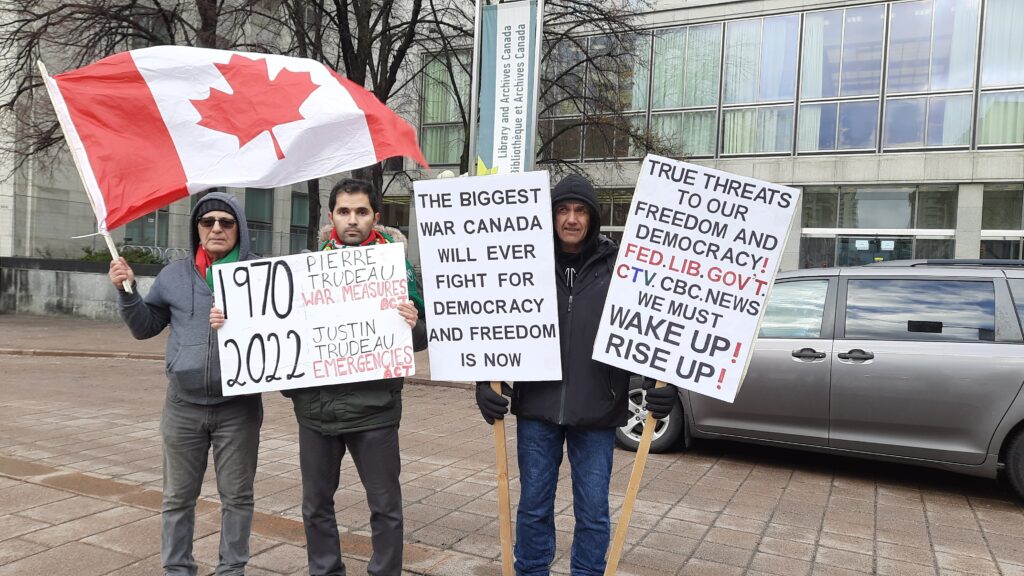
“The Government of Canada is testing the waters. And if we let them away with this Emergencies Act invocation once, they will certainly use it again.”
When asked whether he thought the use of the act caused a division among Canadians, Trudeau agreed.
“I don’t know that it would be fair to describe it as significant but there certainly are different perspectives on the use of the Emergencies Act,” the prime minister said. “I know that there was a lot of consensus on one side.”
According to the commission, the final report of the inquiry must be presented to both the House of Commons and the Senate of Canada by Feb. 20, 2023.
![The members of the public and the media waiting for the final Emergencies Act Inquiry to start. [Yumna Iftikhar / Reloading News]](https://cusjc.ca/reloading/wp-content/uploads/2022/11/Inside_Public_Hearing-735x400.jpg)
